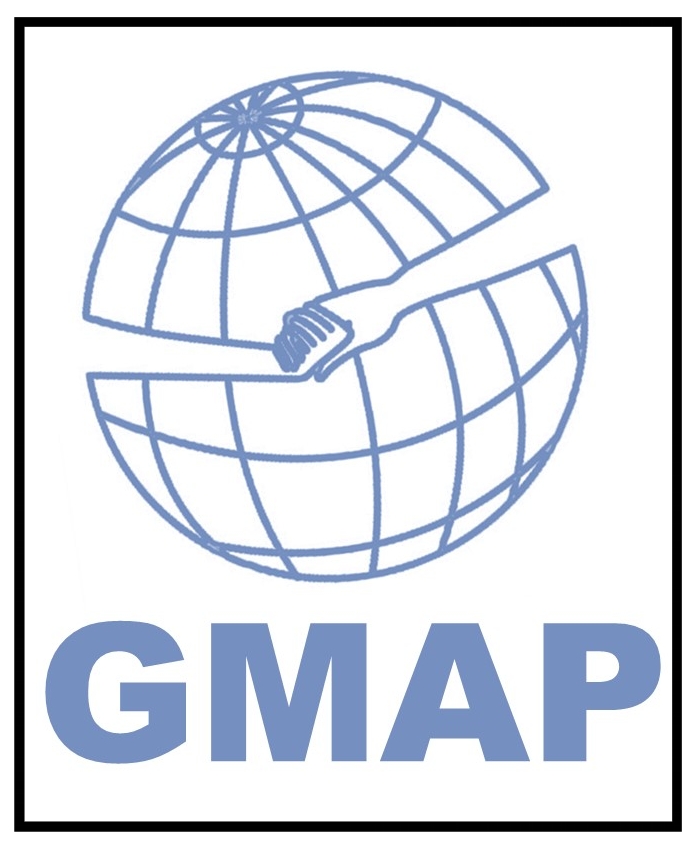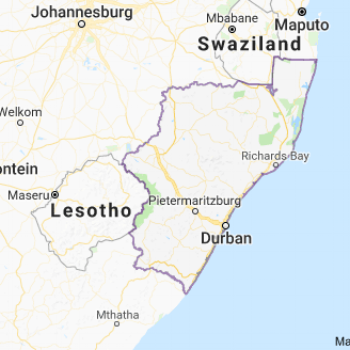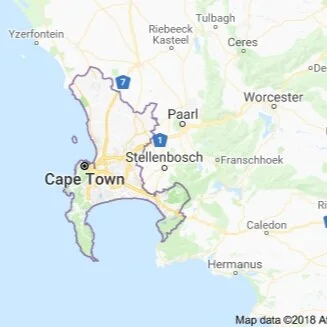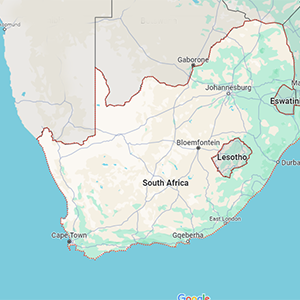Learn more about our current global research projects.
Khanya R01
Stepped Care, Peer-Delivered Intervention to Improve ART Adherence and SUD in Primary Care
SUBSTANCE USE STIGMA R36
Examining the Effect of Peers on Internalized Substance Use Stigma in the Context of HIV and Substance Use Care Engagement in South Africa
Khanya-Ekhaya “Home” R21
Home-Based Community Health Worker Support for Mental Health among People Living with HIV in South Africa: A Hybrid Effectiveness Implementation Trial
Siyakhana-CHW R34
Training CHWs to Support Re-Engagement in TB/HIV Care in the Context of Depression and Substance Use
Siyakhana-Peer R21
Evaluating the Role of Peers to Reduce Substance Use Stigma and Improve HIV Care Outcomes in South Africa
Masculinity R21
A Longitudinal Mixed-Methods Investigation of Masculinity, Stigma, and Disclosure on Men's ART Initiation in South Africa
Home-Based Community Health Worker R21
Home-Based Community Health Worker Support for Mental Health among People Living with HIV in South Africa: A Hybrid Effectiveness Implementation Trial
Learn more about our current local research projects.
PRISM
Peer Recovery to Improve Polysubstance Use and Mobile Telemedicine Retention
Detroit Peer Recovery R01
Hybrid Effectiveness-Implementation Trial to Evaluate a Scalable, Peer-Delivered Intervention for Depression among People with Substance Use Disorder in a Certified Community Behavioral Health Clinic
HEAL Together
Peer-Delivered Behavioral Intervention to Improve Adherence to MAT Among Low-Income, Minority Individuals with Opioid Use Disorder
PUSH R01 Trial
Peer Behavioral Activation Utilization to Address Structural Racism and Discrimination and Improve HIV Outcomes in High-Risk, Substance-Using Populations
Learn more about our past global and local research projects.
Boston
Evaluating Peer Recovery Coaches to Improve Treatment Outcomes and Reduce Health Care Costs among Patients with Substance Use Disorders
peer recovery global review
Systematic Review on Peer-Delivered Recovery Support Services for Substance Use in Low- and Middle-Income Countries
CHW Interpersonal Skills NRSA
Effectiveness and implementation of pre-training interpersonal skills assessment of community health workers in South Africa to predict post-training competence in mental health care
HEAL Covid-19 Supplement
Understanding the Impact of COVID-19 on Methadone Retention and Adherence in an Underserved, Minority Population w/OUD
WASHINGTON DC
Research Projects at Salvation Army Harbor Light Residential Substance Use Treatment Center in Northeast Washington DC
Project Khanya
Hybrid Effectiveness-Implementation Trial for ART Adherence and Substance Use in HIV Care in South Africa
FOREward Together
Training Peer Recovery Coaches to Promote Retention and Adherence to Medications for Opioid Use Disorder among Low-Income Adults
HEAL Stigma Supplement
How Peers Can Shift Stigma to Retain Low-Income, Minority Individuals in Opioid Treatment
peer act!vate
Utilizing Peer Recovery Advocates to Implement an Evidence-based Intervention to Decrease Substance use among Low-income Minority Adults
Project Start together
Supporting Treatment for Anti-Retroviral Therapy Together
syndemics oud project
Syndemic Factors Influencing Retention in MAT for Opioid Use Disorder in Baltimore, MD
Stigma & Racial Discrimination R36
The Intersecting Effect of Substance Use Stigma, Methadone Treatment Stigma, and Racial Discrimination on Methadone Treatment Outcomes





































